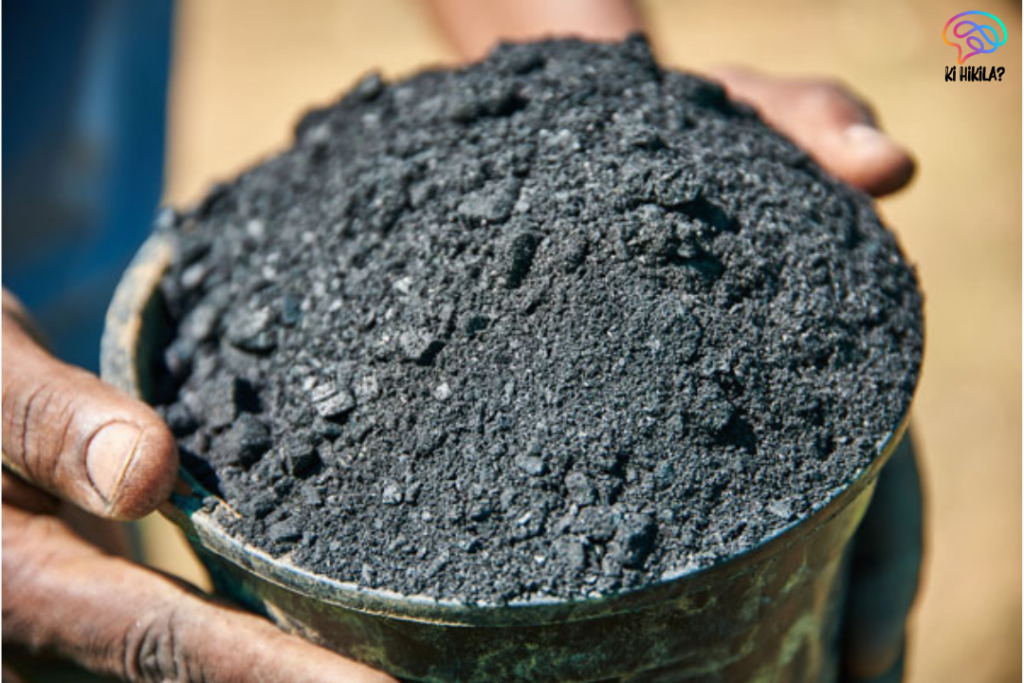Biochar Carbon Market India is emerging as a crucial opportunity as the country prepares to launch its carbon market in 2026. Biochar—a carbon-rich charcoal made from agricultural residue and organic waste—offers a sustainable and scalable solution for carbon removal. Beyond reducing greenhouse gas emissions, biochar addresses waste management, improves soil health, and creates rural economic opportunities. For biochar to realise its full potential, participation from multiple sectors and strong policy support will be essential.
Biochar Production Potential in India
India generates over 600 million tonnes of agricultural residue and 60 million tonnes of municipal solid waste annually. Much of this waste is burned in the open or dumped in landfills, releasing harmful pollutants like methane, nitrous oxide, and carbon dioxide. By converting just 30–50% of this surplus biomass into biochar, India could produce 15–26 million tonnes annually. This would remove an estimated 0.1 gigatonnes of CO₂-equivalent each year, directly contributing to the nation’s climate mitigation goals.
Byproducts and Energy Generation
Biochar production also produces syngas and bio-oil as valuable byproducts.
- Syngas: Capable of generating 8–13 terawatt-hours of electricity annually, this energy could replace 0.4–0.7 million tonnes of coal, reducing India’s reliance on fossil fuels.
- Bio-oil: Could offset 12–19 million tonnes of diesel or kerosene consumption, helping cut more than 2% of the country’s fossil fuel emissions while lowering import bills.
This multi-output approach not only reduces emissions but also strengthens India’s energy security.
Biochar Carbon Market India as a Carbon Sink

Biochar is highly stable, capable of storing carbon in soil for 100 to 1,000 years. This makes it one of the most effective long-term carbon sinks. Its application improves soil structure, enhances water retention, and increases organic carbon content. Importantly, biochar reduces nitrous oxide emissions by 30–50%, a greenhouse gas with 273 times the warming potential of CO₂. Modified biochar can also capture CO₂ from industrial flue gases, offering additional climate benefits, although this application is still less efficient than other capture technologies.
Applications Across Sectors
The versatility of biochar means it has uses beyond agriculture:
- Agriculture: Increases crop yields by 10–25%, reduces fertiliser needs by 10–20%, and improves drought resilience.
- Construction: Incorporating biochar into concrete enhances strength, heat resistance, and embeds CO₂ permanently into building materials.
- Water Treatment: Biochar can cost-effectively treat large volumes of wastewater, addressing India’s growing issue of untreated sewage discharge.
Challenges to Biochar Adoption
Despite its potential, biochar adoption in India faces multiple barriers:
- Lack of a standardised feedstock market and absence of consistent carbon accounting systems make it difficult for investors to assess returns.
- Policy gaps and weak coordination between agriculture, energy, and climate authorities slow large-scale adoption.
- Low awareness among farmers, industries, and policymakers limits demand.
- Resource and technology constraints in rural areas hinder decentralised biochar production.
Policy and Market Integration
For Biochar Carbon Market India to succeed, strategic integration is key:
- Develop region-specific biochar standards to ensure quality and performance.
- Align biochar with crop residue management and bioenergy programmes.
- Include biochar in state climate action plans to qualify for carbon credits.
- Provide financial incentives and research grants for technology upgrades.
Recognising biochar in the national carbon market will not only draw in private investment but also create direct income streams for farmers via the sale of carbon credits.
Economic and Environmental Benefits

Scaling biochar production at the village level could create over 520,000 rural jobs, directly linking climate action with local economic growth. Beyond income generation, benefits include improved soil fertility, reduced fertiliser use, higher agricultural productivity, and reduced air pollution from stubble burning.
In short, Biochar Carbon Market India represents a win-win pathway—fighting climate change while enhancing rural livelihoods. With coordinated policy frameworks, robust carbon accounting systems, and stakeholder engagement, biochar can become a cornerstone of India’s green economy transition.



